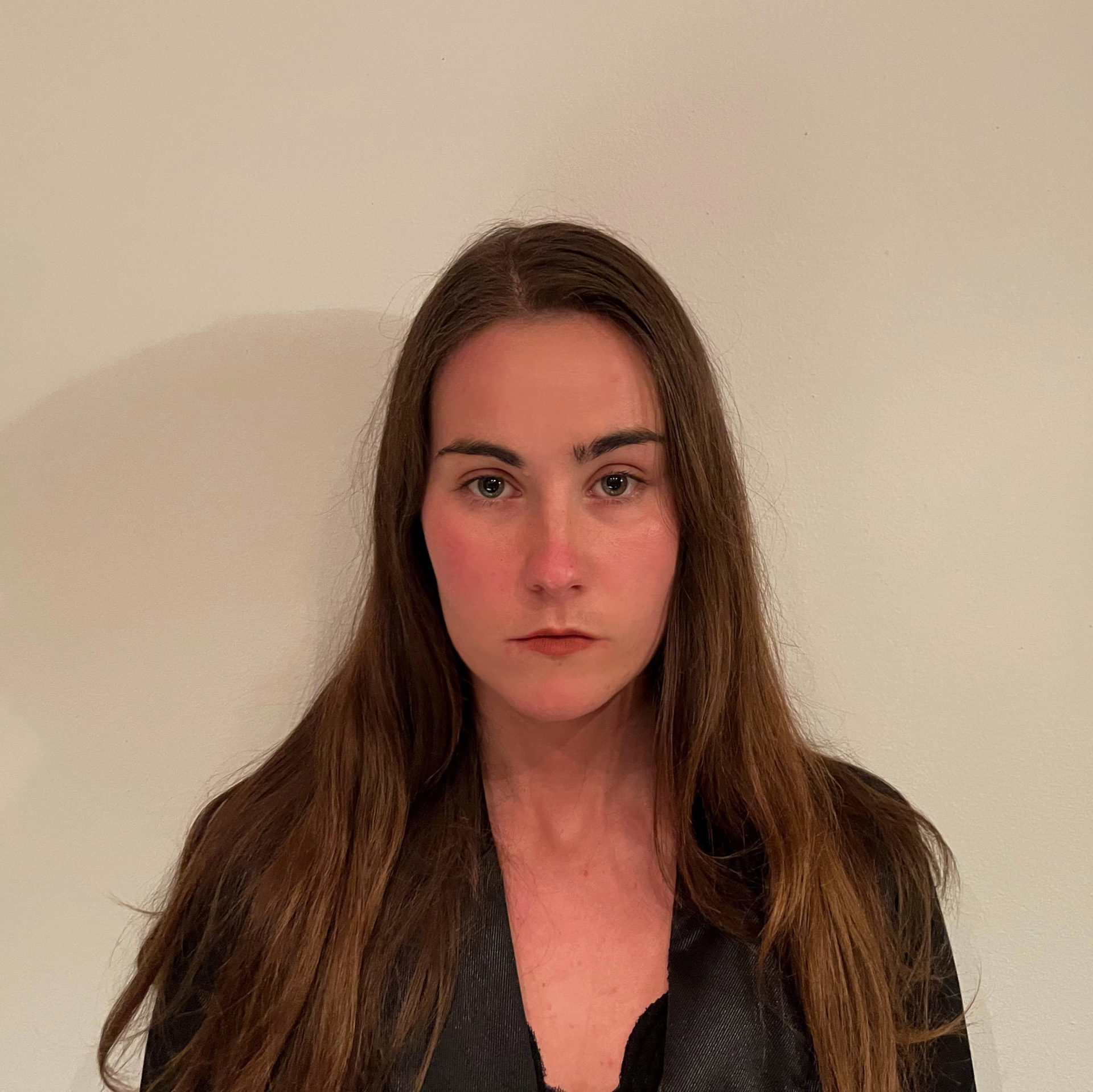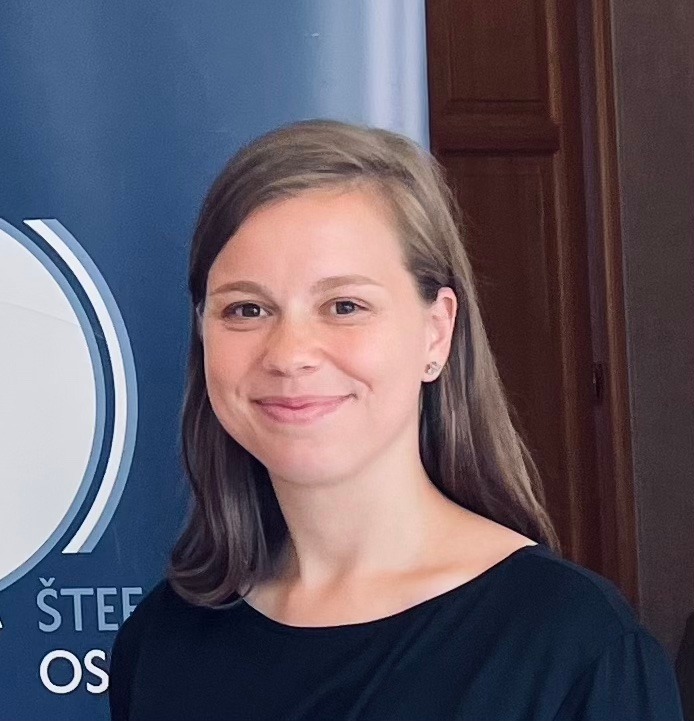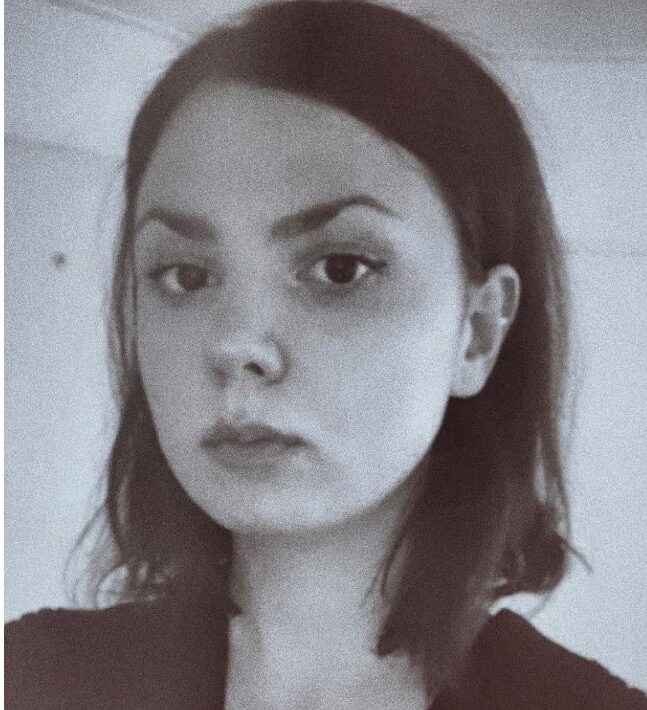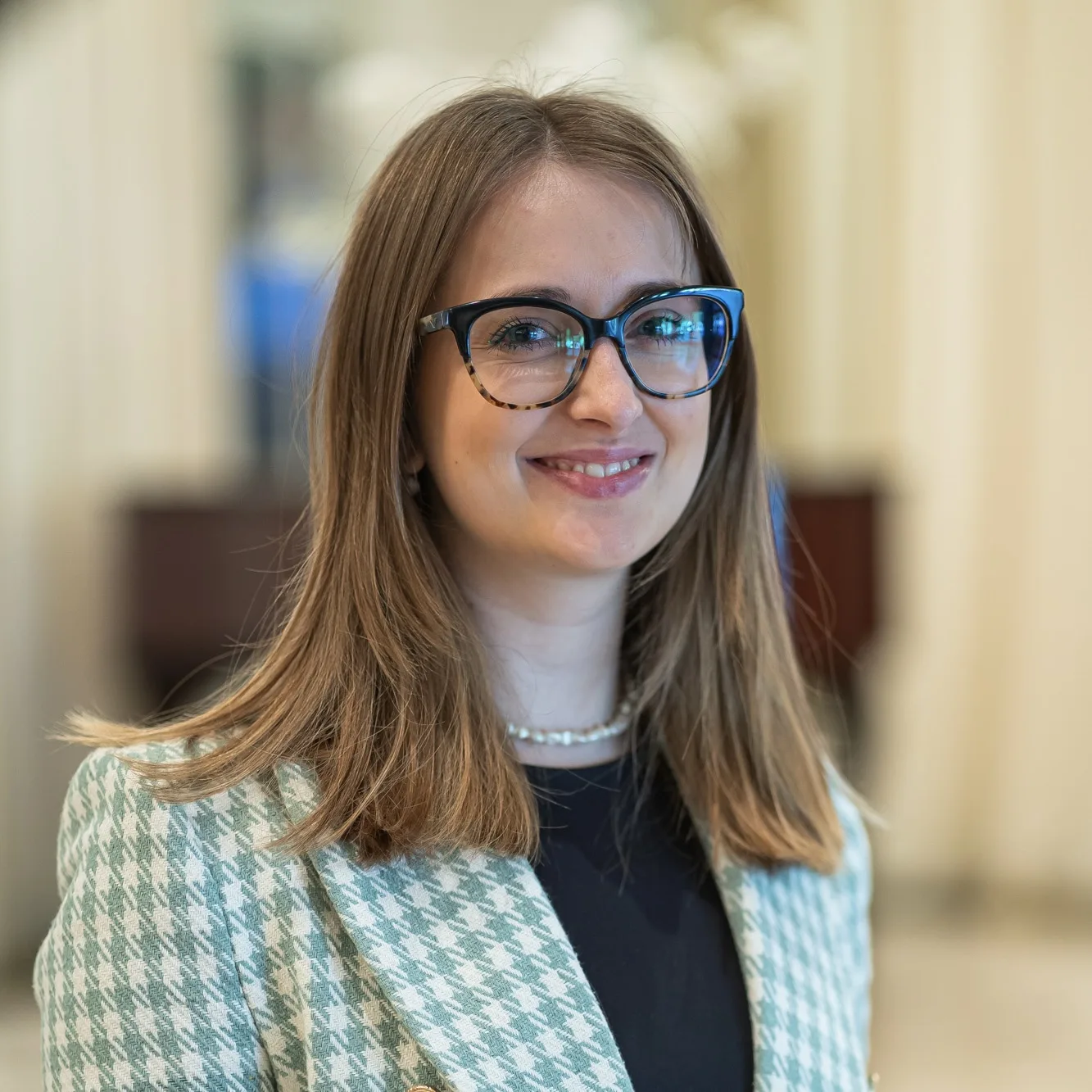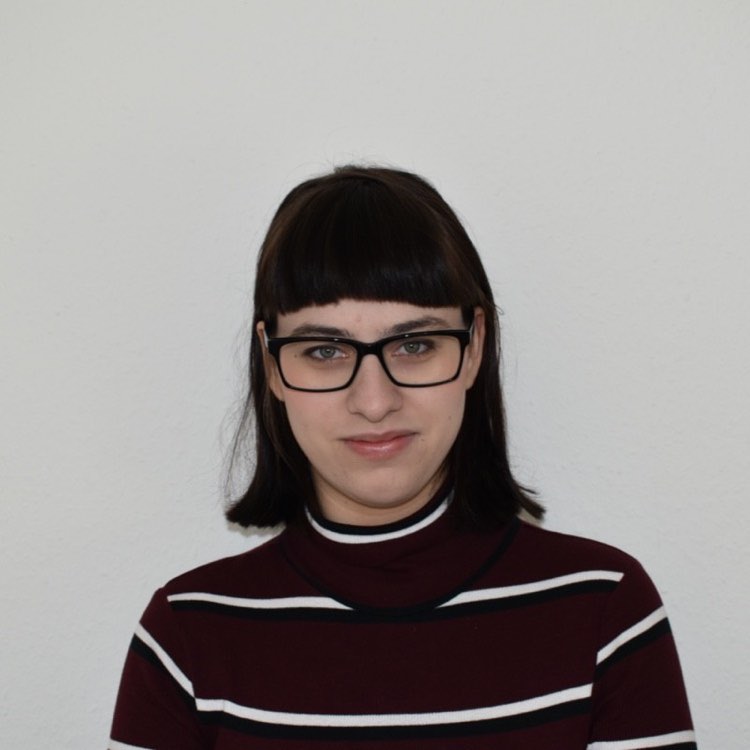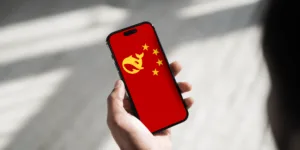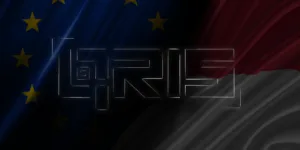Welcome to the 56th issue of the CEEasia Briefing.
In this issue, we dissect the following topics:
- EU’s probe into Chinese EVs
- TSMC plant in Dresden
- Czech investments in Vietnam
- Modi visits Poland and Ukraine
If you like what you see, please forward this message to your friends and colleagues who can subscribe here.
1. EU’s probe into Chinese EVs
What’s going on? The European Union announced plans to impose a 19% tariff on Tesla vehicles imported from China, which is lower than the tariff applied to other Chinese electric vehicle (EV) manufacturers. Tesla had previously requested a separate investigation to avoid the steep tariffs, which can reach up to 47% for other Chinese EVs. In response, China condemned the move as unfair and retaliated with its own trade measures.
Going deeper… The EU’s announcement adds an extra 9% tariff on top of the existing 10% duty for all foreign-made cars. According to the EU, Tesla’s operations in China have reportedly benefited from subsidies such as reduced land costs, tax breaks, and favorable battery prices. These advantages have led the EU to impose additional tariffs as part of a broader effort to address subsidized imports from China. The investigation, led by European Commission President Ursula von der Leyen, focuses on concerns over the sharp increase in and low prices of Chinese EV imports.
This means… The new tariffs signal the EU’s tougher approach to combating subsidized imports, especially in industries vital to green energy transitions. China, however, opposes the investigation, claiming that the EU used biased methods and distorted findings. The Chinese Chamber of Commerce argues that the success of Chinese-made EVs is driven by industrial efficiency and competitive market conditions rather than subsidies, and that there is insufficient justification for the EU’s tariffs.
In retaliation… China has turned to the WTO dispute settlement mechanism and has until early November to negotiate a resolution with the EU. Moreover, China has launched an anti-subsidy investigation into EU dairy imports, just one day after the EU announced its draft duties on Chinese EVs. The investigation will cover most dairy shipments from April 2023 to March 2024, targeting products such as fresh and processed cheese, blue cheese, and high-fat milk and cream. This comes after earlier Chinese investigations into EU pork and brandy imports, which have significantly impacted major European exporters. In June, Beijing also warned of potential investigations into wine, marking the intensification of the trade conflict between Beijing and Brussels.
2. Works begin on the TSMC plant in Dresden
What’s going on? Taiwan Semiconductor Manufacturing Company (TSMC) laid a foundation stone in Germany’s Dresden on August 20th to mark the start of construction of its first European production site. The project, worth more than €10 billion, has also received financial support from the European Union.
Going deeper… TSMC confirmed a €3.5 billion investment in its first European factory located in Eastern Germany, Dresden in August last year. The project is set to exceed total investment of €10 billion and will be co-financed by €5 million German government state aid, which was approved by the European Commission. The factory will be constructed and operated by the European Semiconductor Manufacturing Company (ESMC) – a joint venture between Taiwan’s TSMC, Germany’s Bosch, Infineon, and Dutch NXP. The plant is expected to be fully operational by 2029, with an anticipated production capacity of 480,000 silicon wafers per year and creation of 2,000 high-tech jobs. The ESMC will operate as an open foundry, which means that placing orders for microchip production will not be limited to the four shareholders,and has furthermore pledged to prioritize critical products in Europe in the event of an emergency.
This means… The ESMC facility closely aligns with the objectives of the European Chips Act, which aims to boost Europe’s supply security and resilience in semiconductors to support its industries – particularly used in the automotive sector. The open foundry model is significant to support European small and medium enterprises and start-ups in helping them strengthen their know-how and capacities. Additionally, the undertaking will also cooperate with European universities by offering access to production resources to foster research and innovation. However, while advancing this project, Germany will need to carefully balance its relationship with its largest trade partner – China, framing the Dresden investment as a business decision rather than a political one.
3. The largest Czech investment in Vietnam
What’s going on? Czech billionaire Pavel Tykač’s investment group, Sev.en Global Investments, is expanding into Asia by acquiring a majority stake in the Mong Duong 2 coal power plant in Vietnam. Once approved by Vietnamese regulators, it is expected to become the largest Czech investment in Vietnam.
Going deeper… Sev.en Global Investments recently increased its stake in the Mong Duong 2 coal power plant from 51% to 70% by purchasing an additional 19% from China Investment Corporation. The second-largest shareholder in the Mong Duong 2 power plant is the South Korean energy company Posco International, which owns the rest of the stake in the plant. The power plant is a critical supplier of electricity to Hanoi and northern Vietnam. However, financial details have not been disclosed, the company stated that the acquisition of a majority stake in the local power plant is the largest investment in the energy sector from the Czech Republic to Vietnam.
Moreover… Sev.en’s latest investment highlights its broader strategy of global expansion. The company, led by the fourth richest Czech Tykač, is actively pursuing significant transactions on various continents. Sev.en Global Investments primarily targets the energy and mining sectors. Last year, Sev.en acquired a majority stake in Coronado Global Resources, which operates coal mines in the USA and Australia. With its recent venture into Vietnam, Sev.en has now extended its reach to a fourth continent. After establishing a presence in Europe, Australia, and North America, Southeast Asia is becoming another crucial region for the group’s investment efforts.
4. Modi in Poland and Ukraine
What’s going on? Indian Prime Minister Narendra Modi visited Poland and Ukraine between August 21-23, following earlier trips to Russia and Austria in July. The visit stands out within India’s multi-vector foreign policy—referred to as Delhi’s “own way of diplomacy” by Minister of External Affairs S. Jaishankar.
Going deeper… Modi’s two leg visit began in Poland, where he met with key officials, including his counterpart, Donald Tusk. Together, they established a Polish-Indian Strategic Partnership and adopted an Action Plan for 2024-2028 to strengthen bilateral relations. Discussions also focused on defense trade, highlighted by reopening of the Defence Wing of the Indian Embassy in Warsaw earlier in May this year, as well as economic exchange. The visit to Poland also served as a strategic and logistical layover on his way to Kyiv. In Ukraine, Modi met with President Zelensky and formally reiterated India’s long-term stance supporting peace, dialogue and speedy resolution of the war in Ukraine. However, the main linchpin of their conclave involved talks on cooperation in defense, pharmaceuticals, agriculture, and Ukraine’s post-war reconstruction.
What it means… Central and Eastern Europe, once overlooked, is taking a more prominent place in India’s foreign policy outlook. Modi’s visit to Austria in July marked the first time an Indian Prime Minister had visited the country in over 40 years. Similarly, Modi’s visits to Warsaw and Kyiv were the first by an Indian PM in 45 and 33 years, respectively. Beyond economic and strategic rationale, China is also a driving factor of Delhi’s efforts to attain a greater footprint in the region. For instance, Poland and China recently signed an action plan to deepen their strategic partnership with China extending its 15 day visa-free policy for Poland until the end 2025.
In the broader context… Modi’s recent trips underscore a continuum in India’s pragmatic foreign policy of balancing relationships and engaging with various sides to strengthen its own positions. Delhi’s ambitions to become a globally acknowledged great power, one that could match up to China, could be also fulfilled by mediating peace talks between Russia and Ukraine – similar to China’s recent role in re-establishing ties between Iran and Saudi Arabia, although this narrative has not been officially adopted by Indian authorities.
Quick takes on CEEasia developments
CHINA | Slovakia’s Minister of Economy Denisa Sakova visited China at the end of August to discuss the progress in construction of the biggest EV battery plant. The plant is developed by a joint venture company GIB EnergyX Slovakia, owned by Chinese Gotion High Tech (80% of shares) and Slovak startup InoBat (remaining 20% shares).
JAPAN | The European Commission on 13 July lifted import restrictions on Japanese products that had been in place since the 2011 Fukushima nuclear disaster. These had primarily affected food including mushrooms, fish and edible wild plants.
JAPAN | The Delegation of the EU to Japan and the German Embassy in Japan hosted a roundtable on ‘Sanctions Enforcement at Sea,’ bringing together 50 diplomats, military personnel, and experts to exchange views on the political, legal, and operational dimensions of maritime sanctions enforcement. The event coincided with the Tokyo port call of two German Navy ships deployed in the Indo-Pacific for seven months.
SOUTH KOREA | Germany became the 18th nation to join the United Nations Command, led by the US in South Korea, on August 2nd. With this move, Germany has committed to defending South Korea in the event of war and helping police the heavily fortified border with North Korea.
SOUTH KOREA | Slovak prime minister Robert Fico announced he will be visiting South Korea at the end of September to discuss plans for building a new unit in Jaslovske Bohunice nuclear power plant. The visit comes shortly after Korean nuclear company KHNP won public procurement in the Czech Republic for construction of two new blocks in the Dukovany nuclear power plant.
TAIWAN | Eduard Heger, vice-president of the Democrats Party and former prime minister of Slovakia, delivered a keynote speech at the Ketagalan Forum – Taiwan’s annual platform for Indo-Pacific security dialogue, taking place at the end of August in Taipei. During his stay he also visited the Industrial Technology Research Institute in Hsinchu and gave an interview for the TaiwanPlus News.
MALAYSIA / PHILIPPINES | Slovakia has announced it will open four new embassies. Two of them will be located in Asia – in Malaysia and the Philippines, highlighting Slovakia’s interest in strengthening its presence in the Indo-Pacific region and Global South.



